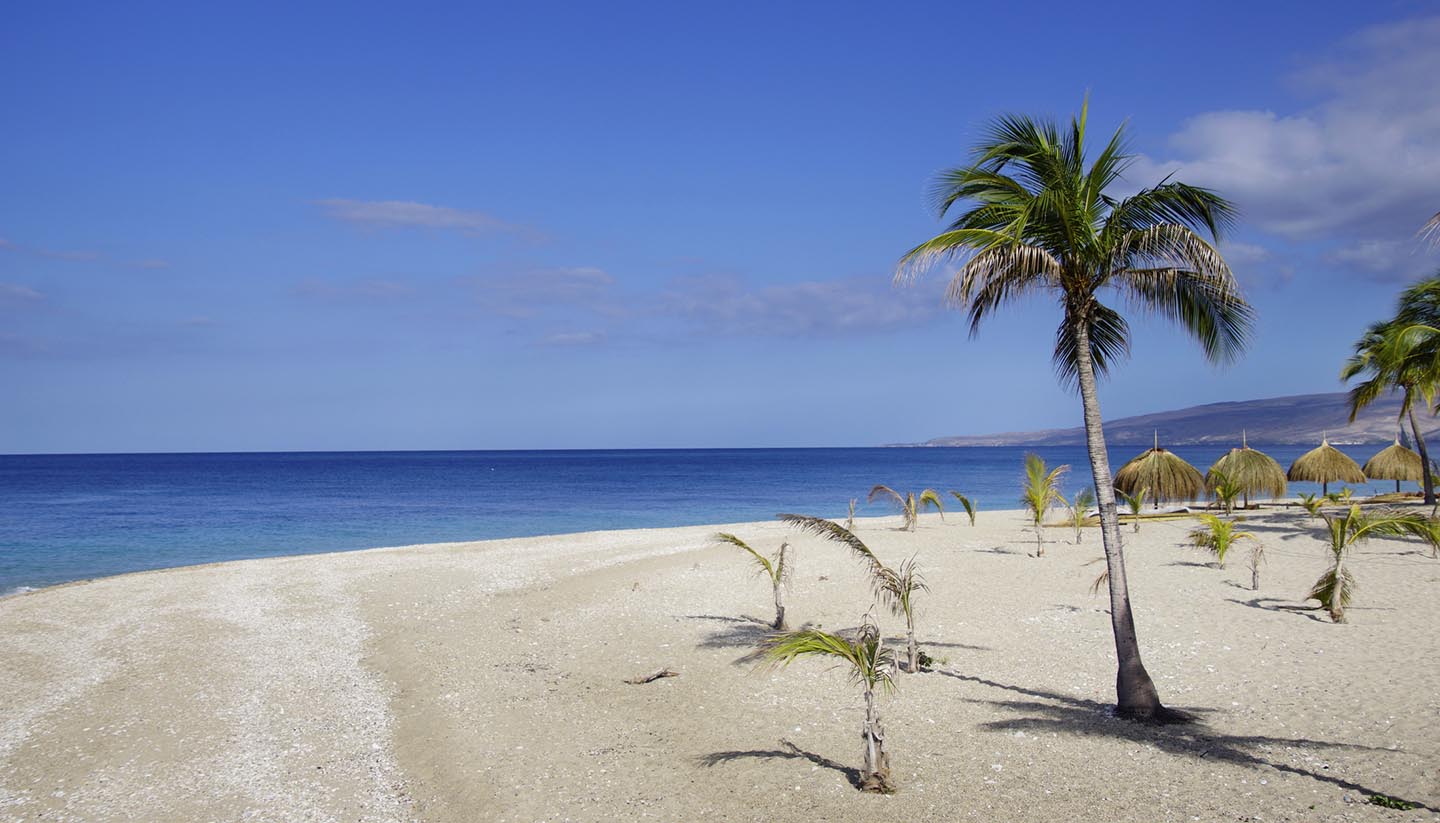Haiti Health Care and Vaccinations
| Title | Special precautions |
|---|---|
| Rabies | Sometimes |
| Malaria | Sometimes |
| Hepatitis A | Yes |
| Diphtheria | Yes |
| Tetanus | Yes |
| Typhoid | Yes |
| Yellow Fever | No* |
* A yellow fever vaccination certificate is required from travellers arriving within six days from infected areas.
Health Care
Health insurance providing cover for repatriation in the event of serious illness is strongly recommended. Medical facilities are fairly good. The local herb tea is said to be good for stomach upsets.
Due to the continuing cholera outbreak from 21 October 2010, The Foreign Office advises caution over water and food sources. Tourists are advised to drink only boiled or bottled water, to avoid ice in drinks, to eat only well-cooked food and to avoid salads. If you suffer from diarrhoea consult a doctor immediately.
Food and Drink
All water should be regarded as being potentially contaminated. Water used for drinking, brushing teeth or making ice should have first been boiled or otherwise sterilised. Milk is unpasteurised and should be boiled. Powdered or tinned milk is available and is advised. Avoid dairy products which are likely to have been made from unboiled milk. Only eat well-cooked meat and fish. Vegetables should be cooked and fruit peeled.
Other Risks
Hepatitis B occurs. Seasonal meningococcal meningitis has been reported. Outbreaks of dengue fever occur in the area. HIV/AIDS is also a serious problem. Rabies is present. For those at high risk, vaccination before arrival should be considered. If you are bitten, seek medical advice without delay.


